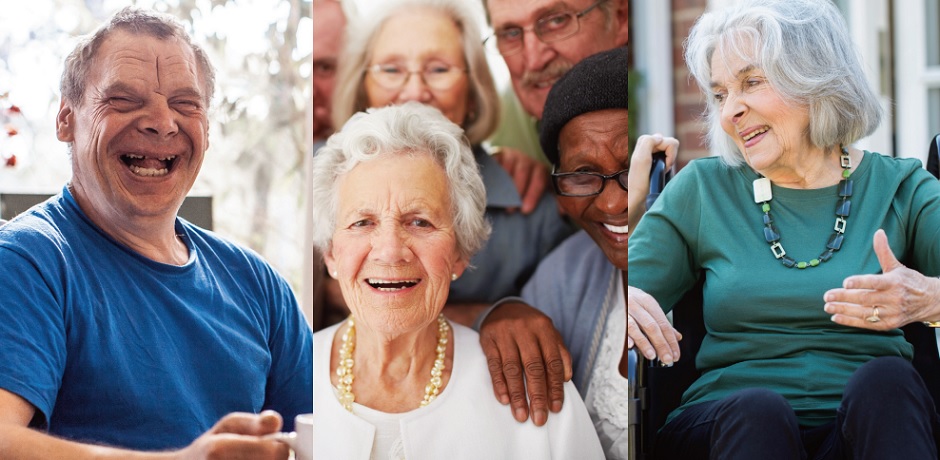Research suggests complex relationship between unmet need and well-being, posing challenges for social care practice
The findings of the project, led by Ipsos MORI’s Dr Margaret Blake in collaboration with NatCen Social Research, and funded by NIHR SSCR, reinforced those of previous studies.
The research combined secondary analysis of data from the English Longitudinal Study of Ageing (ELSA) and Health Survey for England (HSE) with in-depth interviews with older people who have care needs. It found older people judged unmet need around social contact and mobility to be at least as important as meeting everyday needs such as dressing and bathing.
The study also uncovered an unpredictable relationship between unmet need and general well-being. Social care practitioners must rise to the challenge, it concluded, in striking a balance between offering support around basic tasks and recognising and facilitating the independence many people prize highly.
Dr Margaret Blake of Ipsos MORI, who led the study, said: “This research shows that the causes of unmet needs for care and support are wide-ranging, and there is a complex relationship between unmet need and well-being.”
Difficulties of daily living
The research project focused on whether or not needs were being met among people who have difficulties around daily living or mobility.
Data from ELSA and HSE showed that more than half of older people with care needs also had some level of unmet needs – regardless of their age or socio-economic status.
But the in-depth interviews, which involved 24 participants, revealed that even where people did not acknowledge unmet need around basic activities, those without support could find these time-consuming and tiring – an indicator of unmet need. Additionally, where support was said to be available, it was often unreliable or unsustainable over the long-term; for example where loved ones were providing it.
“Thus, unmet needs were often hidden; older people were not generally going hungry or cold or unsafe, but their needs were still not being reliably met,” the study found.
Interviewees also voiced other unmet needs, around a lack of social contact, or being unable to pursue interests or leave the house. Such factors, in particular around loneliness and isolation, had a “huge” impact on the lives of participants reporting them, researchers found.
’Resilience and independence’
The data analysis element of the study revealed few significant predictors of unmet care needs among different individuals over a 10-year period. But people who had started out younger and healthier, lived alone or had recently lost a partner were more likely to develop them.
Potential influencing factors suggested by the study included an unwillingness to seek support, particularly among people who did not feel themselves old enough to be receiving it.
Interviews uncovered a sense of “resilience and independence” among some participants, who felt that managing by themselves helped maintain their sense of identity.
Diverse experiences
Perhaps influenced by this finding, the two elements of the study drew contrasting pictures around the relationship between unmet need and general well-being.
Analysis of the ELSE/HSE data did not show a link between unmet need and levels of well-being, which were much more influenced by ageing, financial situation and overall levels of care need. Interviews, on the other hand, found unmet need was associated with poor well-being and anxiety in at least some people.
The interviews, unlike the data analysis, also allowed older people to describe their well-being in their own terms – with the most common complaints being around a sense of frustration and lack of purpose. Again, responses underlined the mitigating effect that mobility, and being able to participate in social activities, had on such negative feelings – even where other needs went unmet.
Among a number of recommendations, researchers highlighted the need for practitioners to consider how certain groups are more vulnerable than others in terms of developing unmet needs. Wider services and social policies, which can enable people to arrange their own care and participate in maintaining activities and relationships, must be considered when identifying needs, they added.
Dr Blake said: “Having timely access to information and advice, being able to plan ahead and save for future care needs, knowing how to access care and support services and retaining independence and social networks all have a role to play in reducing unmet needs for care and maintaining well-being in older age.”
Full summary findings
NIHR SSCR (2019) Predicting Future Unmet Social Care Needs and Examining Links with Well-being, Research Findings 66, NIHR School for Social Care Research, London.
Further information
This study funded by the NIHR School for Social Care Research and led by Dr Margaret Blake at Ipsos MORI.

)















